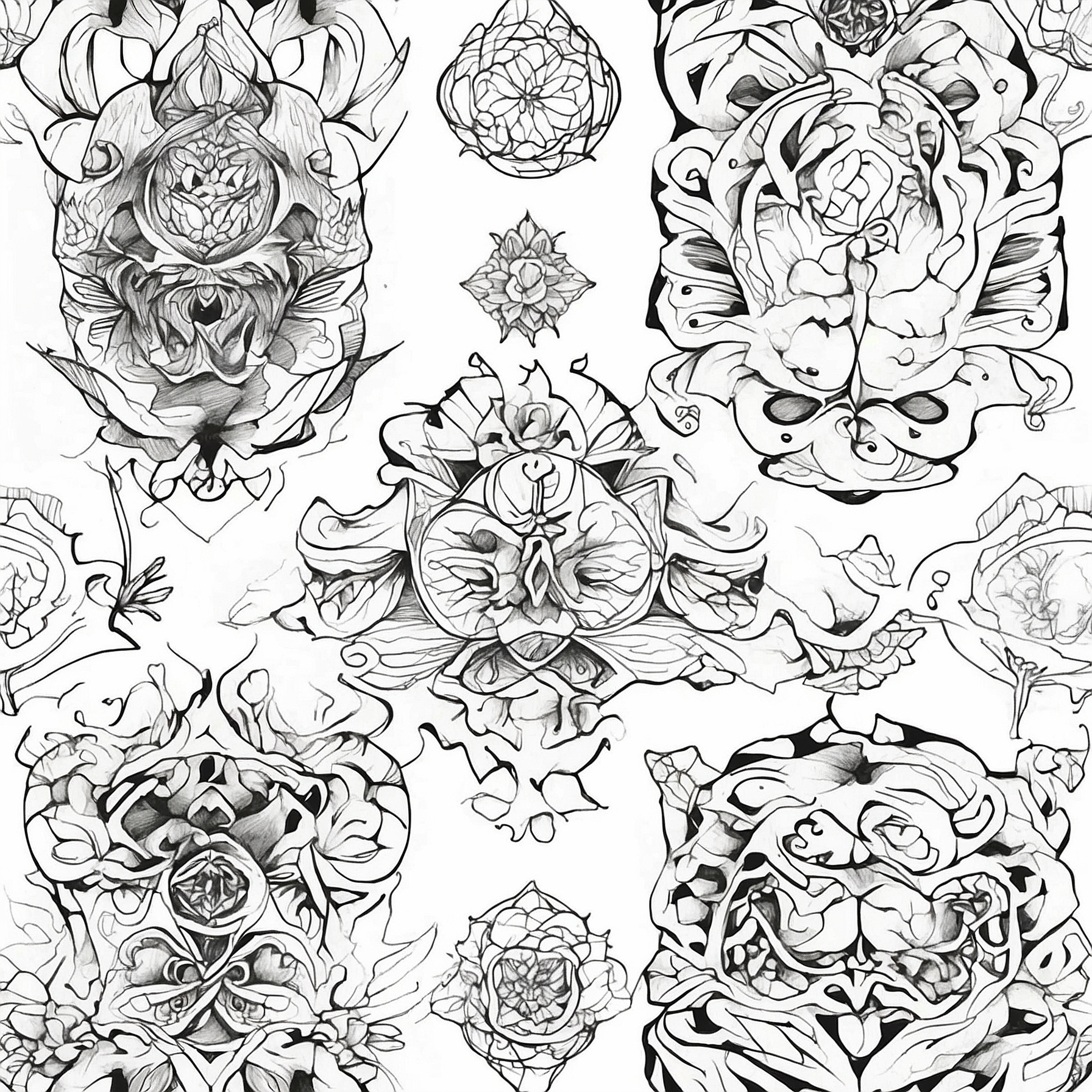The Art of the Duel: A Historical Perspective on Para-Sporting Culture
The Duel: A Unique Paradigm of Sport
Dueling, an ancient practice with a colorful history, often evokes images of honor, chivalry, and dramatic resolutions to disputes. But have you ever considered the role of paralanguage in this peculiar paradigm of sport? From the choice of weapons to the intricate etiquette, dueling encompasses a fascinating interplay of non-verbal communication and ritualistic behavior.
Weapons, Terms, and Seconds Oh My!
Imagine yourself back in time, facing an opponent. Your weapon of choice could be a sword, pistol, or even a club. But beyond the physical tools, the terms and conditions of engagement held significant weight. Seconds, or cosigners, played a critical role, ensuring fair play and often preventing unnecessary bloodshed. Their presence was a safeguard, a symbol of honor, and a testament to the duel’s ritualistic nature.
Etiquette and Honor: A Fine Line
The unwritten rules of dueling were intricate and nuanced. A false step, a misinterpreted gesture, or an ill-phrased challenge could result in social ostracism or even death. Duels were often fought over matters of honor, and the participants adhered to a strict code of conduct. The challenger had to be mindful of their words, and the recipient had to respond with equal parts dignity and precision. It was a delicate dance, where the slightest misstep could have dire consequences.
From Violence to Ritual: The Evolution of Dueling
Dueling has evolved over centuries, with its roots tracing back to primitive forms of dispute resolution. As civilization progressed, so too did the format and etiquette of dueling. It transformed from a violent, often deadly, practice to a ritualized form of conflict resolution, influenced by societal norms and honor codes. Key figures throughout history, both infamous and influential, have left their mark on the evolution of dueling, shaping it into a unique sporting subculture.
A Sport of Displacement and Inheritors
Those who engaged in duels were often individuals of privilege and power. The ‚big cheeses‘, as one might say. It was a way to assert dominance, settle disputes, and display one’s status. However, dueling also provided an outlet for those who felt displaced or wronged by society. Inheritors who felt their birthright was infringed upon, or individuals who felt a sense of injustice, found an avenue for resolution in the duel.
The Legacy of Dueling: A Sporting Culture’s Impact
Today, dueling as a formal practice has largely faded into history. However, its influence can still be felt in various aspects of modern culture. From the competitive spirit in sports to the concept of fair play, dueling has left an indelible mark. It serves as a reminder of the intricate relationship between honor, ritual, and conflict resolution.
Final Thoughts: A Unique Window into the Past
The world of dueling offers a captivating glimpse into a bygone era, where honor was paramount and non-verbal communication held immense power. As we explore this unique para-sporting culture, we uncover a rich tapestry of traditions, rituals, and unspoken rules that shaped the lives of those who partook in this intriguing practice.













































